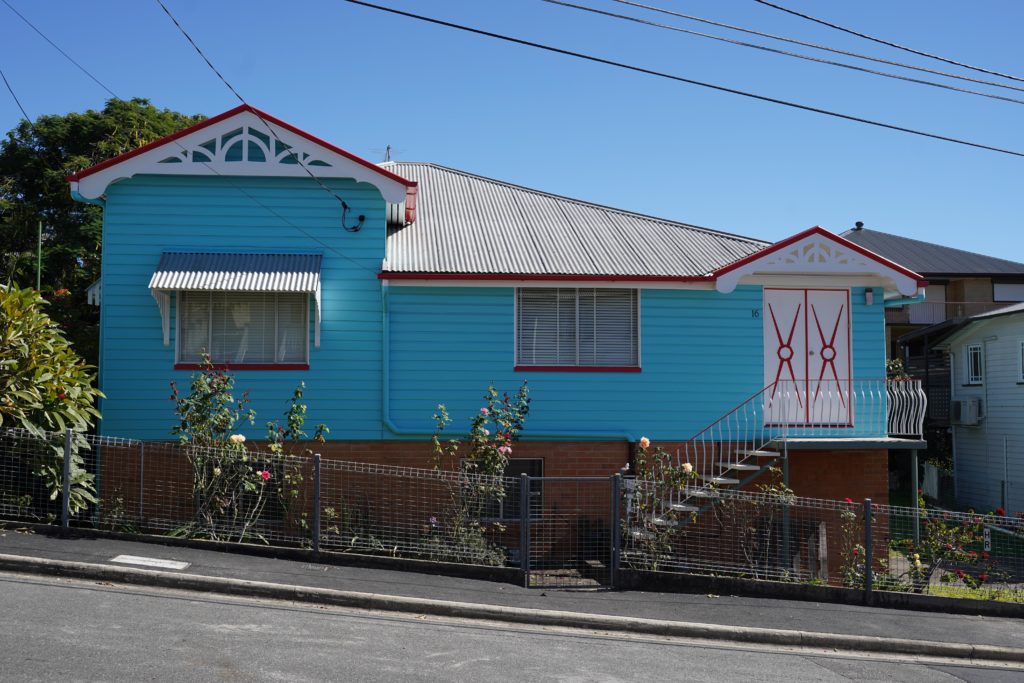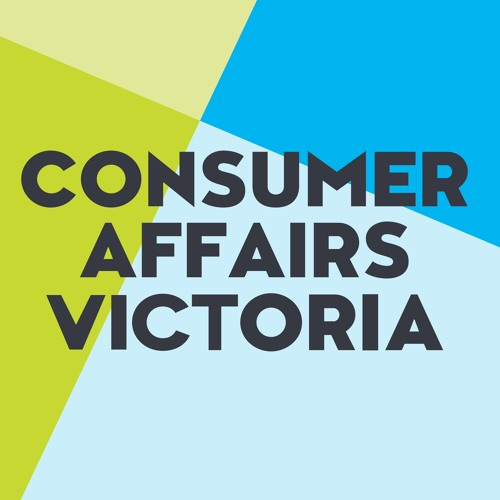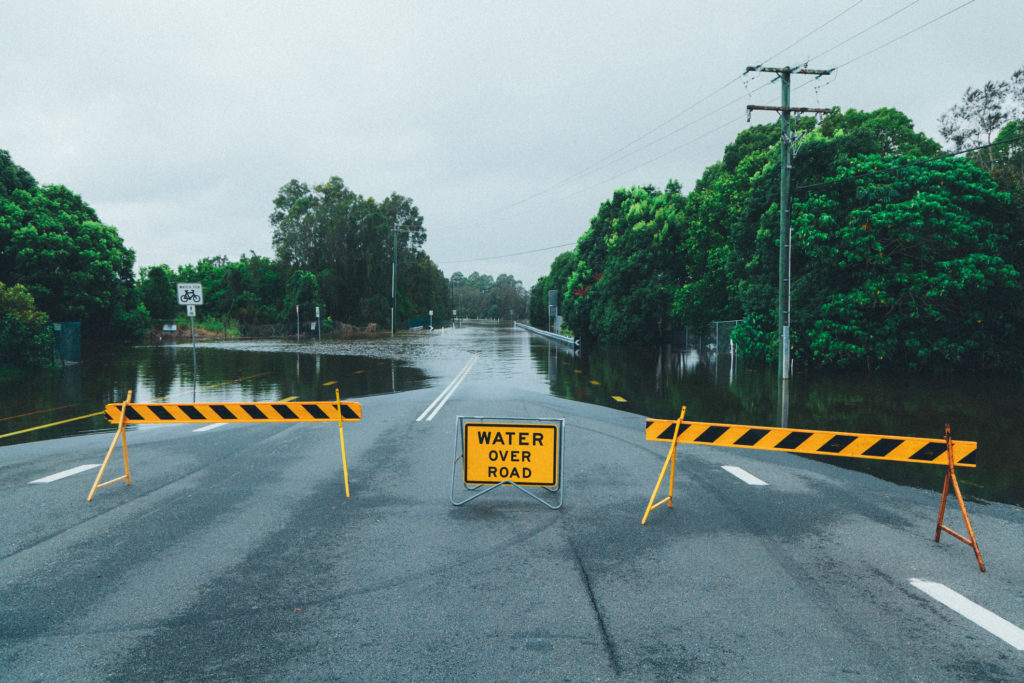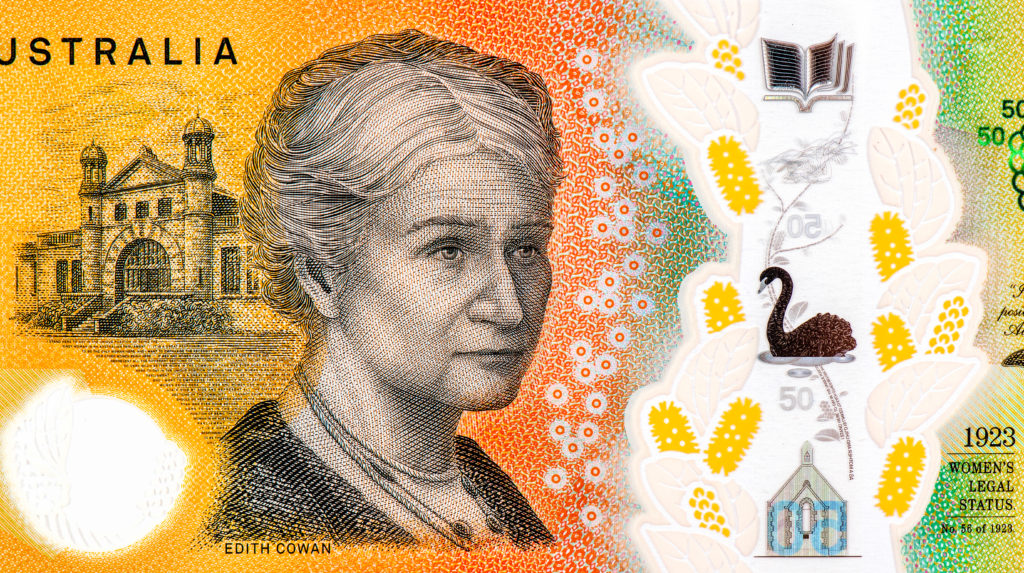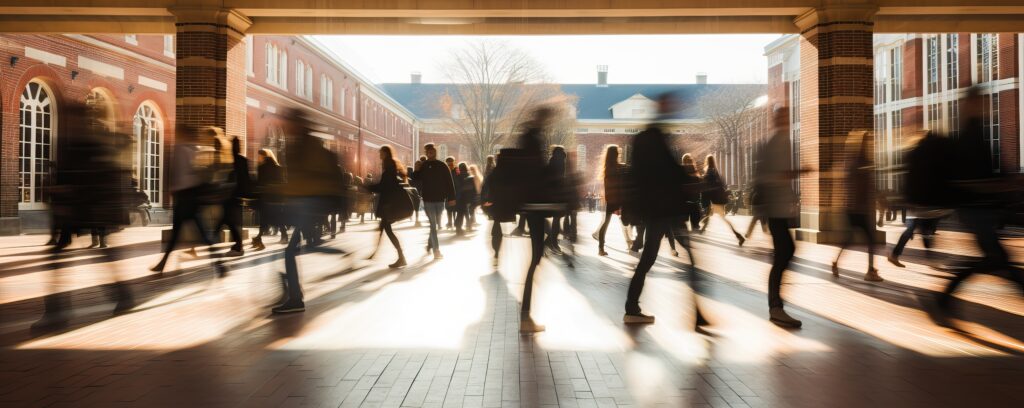When you are choosing a place to live, there are certain things to look for, to make sure you are happy in your new home. If it is your first time living away from home it is especially tricky to know what matters. Ask yourself these questions to make sure that your new accommodation suits you.
Decide on your ideal location
Depending what is important to you, there are certain things you want to have close to your new home. Before you agree to move, check out the local area and to find out what is nearby. See how far away the places you will be visiting often are, such as:
- grocery stores, shopping centres, 24-hour convenience store
- the laundromat
- public library, sporting and community facilities
- train stations, tram and bus stops
- public parks, beach and other natural attractions
- cafes, pubs, and bars
Public transport and commuting to school and work
The daily trip to school or work will have a big impact on your lifestyle, free time, safety and budget. For instance, living in the suburbs might be cheaper but you may have to spend more on transport tickets or petrol. Will you be able to get to and from where you want to go easily and safely in the day or night? Use Google Maps and research your public transport options to figure out what your commute will be and how much it will cost you.
Transport info for Adelaide | Brisbane | Canberra | Darwin | Gold Coast | Hobart | Melbourne | Perth | Sydney
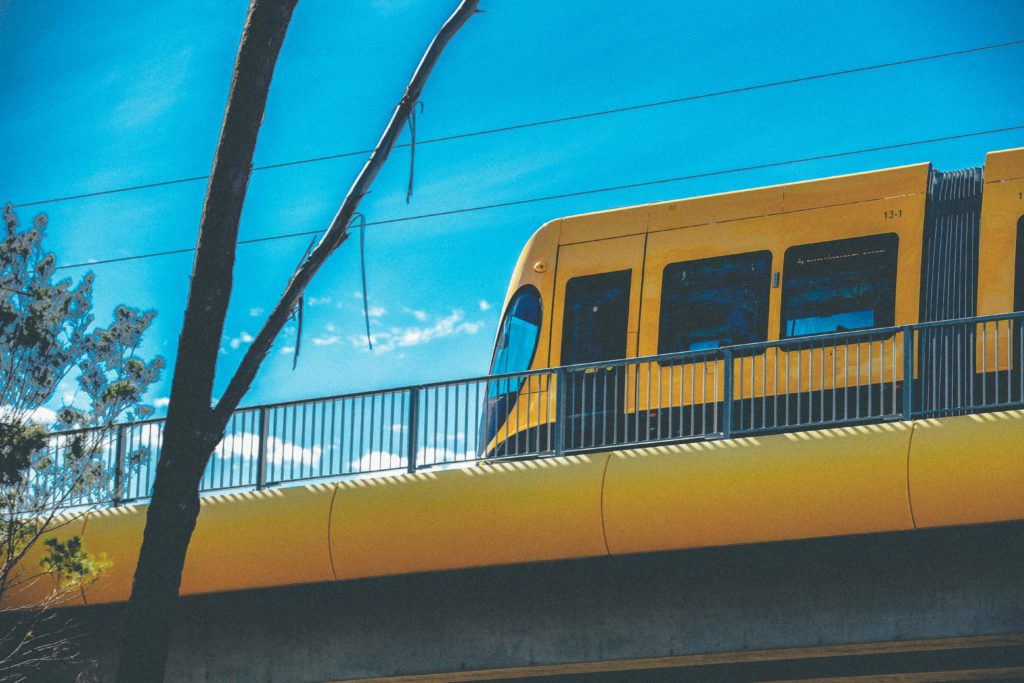
Is the area safe and student-friendly?
Talk to your friends and other students to get an idea of the general safety and liveability of an area. Some students prefer an area with a higher concentration of other students and/or migrants from their nationality group.
READ MORE: Location, Location, Location!
In regards to safety, once again you are best getting that advice from locals. However, you can find out about general crime statistics for suburbs and districts in each Australian state and territory here: VIC | NSW | ACT | QLD | TAS | SA | WA | NT
What to consider when looking at the property
Great work! You have a list of suitable share houses, private rentals or student accommodations to check out in excellent locations. When you first inspect the property, there are a few important things you need to check.
Is there adequate heating and cooling?
In Australia, when it is hot, it is very hot, and it can also be surprisingly cold sometimes. Be sure to check if there are adequate heating and air conditioning appliances. If not – ask yourself if you are prepared to pay for a portable fan/heater. Also, note the size and aspect of windows and if they are properly sealed and have curtains to insulate against extremes of weather.
READ MORE: Stay warm in winter on a budget.
Is the accommodation noisy?
If your new home is on the main street or there are pubs or bars nearby, which could create noise in the evenings? Can you hear traffic? Is there construction nearby and, if so, how long will the building noise be expected? While you are inside the property, listen carefully; you might be able to hear TVs, plumbing or even conversations through the walls. We all have different degrees of tolerance when it comes to noise, so whatever place you choose, so make sure you are comfortable with the noise levels.
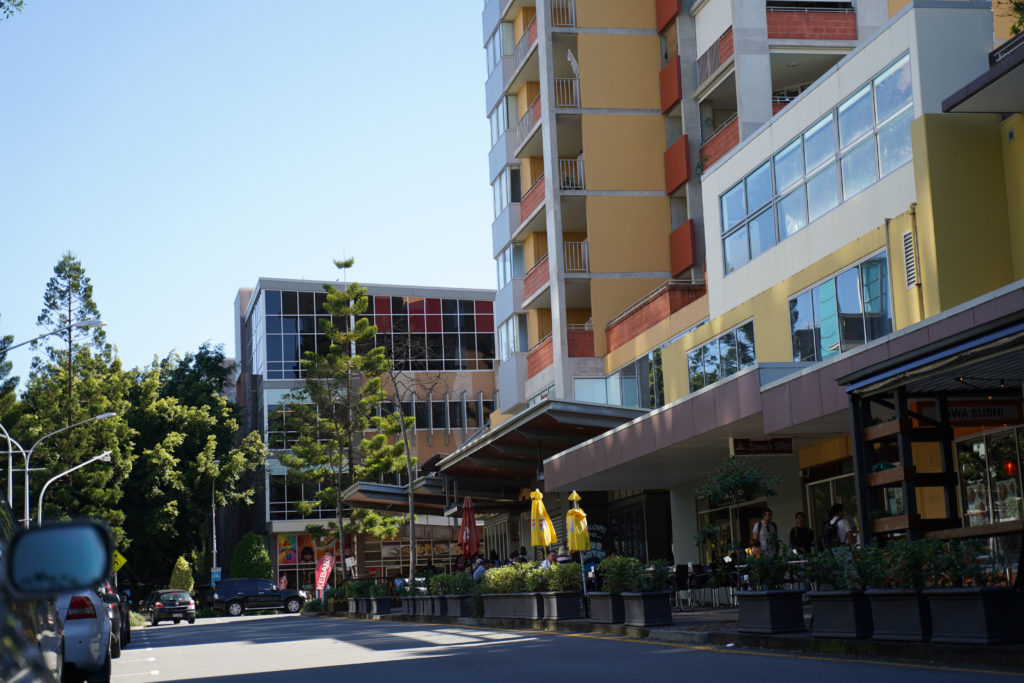
Is the building secure?
Find out what kind of security the exterior of the building has, including locks on any doors and windows, and make sure all are in good working condition. Are there any points of entry or exits that are not secured? Are there any security cameras or external security systems or services?
Do all the important things work?
Things such as smoke alarms, security doors, door buzzers, electric garage doors, kitchen appliances, faucets/taps, and light switches should all be in good working condition. If not, ask the real estate agent or landlord to provide a written guarantee that this item will be repaired or replaced within a reasonable timeframe.
Remember: As an international student, you have the same rental rights as a local resident.
Important tips when beginning a tenancy
You have found your dream home and your application has been successful. Now what?
At the start of every private rental tenancy, the landlord or agent must give you:
- a copy of the Consumer Affairs Victoria guide, Renting a home: a guide for tenants *
- a copy of your lease (tenancy agreement) within 14 days of you signing it
- two copies of the property’s condition report
- a copy of the owners corporation rules (if applicable)
- a bond lodgement form for you to sign, so that the bond money can be lodged with the Residential Tenancies Bond Authority (RTBA)
- details of whether the agent can authorise urgent repairs, and the maximum amount they can authorise (if an agent manages the property). For more information, visit the Urgent repairs section of the Consumer Affairs Victoria website *
- a phone number you can use to contact the landlord or agent out of business hours for urgent repairs
- the landlord’s or agent’s full name, a postal address for sending them documents, and an email address (if they have agreed to receive notices and other documents this way)
- keys to all the locks in your new home
* These regulations are relevant for students living in Victoria, if you live in another state please find out more below.
LEARN MORE ABOUT YOUR RENTAL RIGHTS AND RESPONSIBILITIES IN YOUR STATE:
VIC – Consumer Affairs Victoria
NSW – NSW Fair Trading and Tenants Advice & Advocacy Services NSW
QLD – Tenants Queensland and Residential Tenancies Authority
WA – WA Department of Commerce and Tenancy WA
SA – Consumer and Business Services (CBS) and Tenants Information and Advisory Service
TAS – The Tenants‘ Union of Tasmania and Consumer Affairs and Trading
NT – Tenants’ Advice Service and Consumer Affairs Northern Territory
ACT – Tenants’ Advice Service

